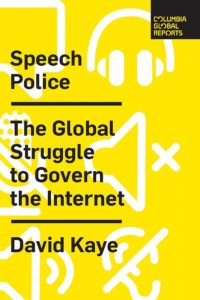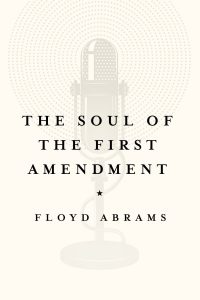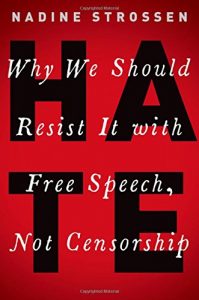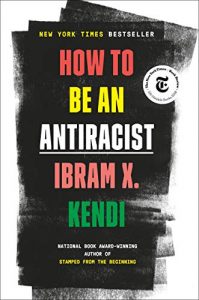by Suzanne Nossel, CEO, PEN America
My approach to free speech is that we need to think hard about how it interacts with other constitutional principles and social values, especially our commitment to equality and inclusion in a diverse society. That makes it important to think about the precepts of free speech in terms of these other goals, and to consider how they can dovetail to be mutually reinforcing. It is also essential to recognize the ways in which our landscape for speech is shaped and bounded by forces other than government prohibitions; social norms, digital behaviors, and institutional policies and rules set by private companies can dictate what can and cannot be said not just as a formal matter, but in terms of the calculus that happens in our heads as we contemplate whether to voice an idea or opinion that may be contested. To effectively defend free speech in 2021, we need to consider all of these factors.
The books here provide a pathway for thinking through these issues and have helped to inform the principles for protecting free speech that I lay out in Dare to Speak: Defending Free Speech for All.
—Suzanne Nossel, CEO, PEN America
Speech Police: The Global Struggle to Govern the Internet, David Kaye (Columbia Global Reports, 2019)
David Kaye, who just finished his term as the United Nations’s Special Rapporteur on Free Expression, thoughtfully tackles highly thorny questions of how social media companies can do a better job of mitigating the harms of weaponized content on their platforms without using their vast dominion over huge swaths of our discourse
to simply advance their own motives and interests

Words That Wound: Critical Race Theory, Assaultive Speech, and the First Amendment, Mari Matsuda (Routledge, 1993)
Bookshop | Amazon
This collection
of essays by law professors who were pioneers in the field of critical race theory makes a potent argument that our First Amendment protections for hateful speech are not set in conceptual stone. These essays examine how to remain faithful to the Constitution while also allowing more leeway for the government to address degrading and noxious expression.
The Soul of the First Amendment, Floyd Abrams (Yale University Press, 2018)
Renowned First Amendment lawyer Floyd Abrams examines the United States’s distinctive position as the jurisdiction with the most protective approach toward free speech of any in the world, including other leading democracies. Abrams is a true believer in strict limitations on government restrictions on speech, no matter the purpose they are intended to serve
.

The Free Speech Century, Lee C. Bollinger and Geoffrey R. Stone (Oxford University Press, 2018)
Book
This series of essays offers an indispensable guide to how the First Amendment has been reinterpreted over time, underscoring that its modern incarnation—which tightly restricts government impingements on speech—originates with Justice Oliver Wendell Holmes roughly a century ago. The contributors are ideologically diverse, and several argue for new understandings in response to speech-related challenges of the digital age.
HATE: Why We Should Resist It With Free Speech, Not Censorship, Nadine Strossen

(Oxford University Press, 2018)
Bookshop | Amazon
Strossen, one of the country’s foremost free speech experts, offers a detailed, meticulously argued, and highly persuasive case that government restrictions to curb hateful speech are bound to backfire, empowering authorities to target criticism and dissent and to muzzle minority viewpoints. She marshals arguments from U.S. history and the rest of the world to substantiate her case.
How to Be an Antiracist, Ibram X. Kendi (One World, 2019)
Bookshop | Amazon

Kendi’s pathbreaking book has helped demonstrate to our whole society that the legacy of racism is alive and well, and that if we are serious about addressing it, far more is required from our institutions, government, and each of us as individuals. He offers a thorough taxonomy of racism in its many manifestations, as well as concrete guidance on what is required to dismantle it.










